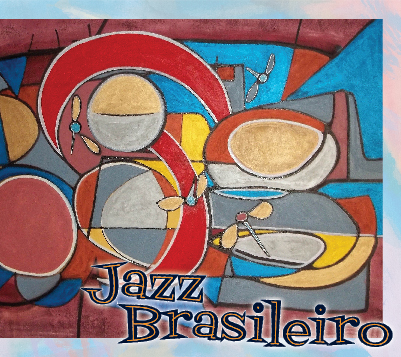It’s been hard finding time to listen closely to recordings for reviewing purposes because the race in the American League East is getting all consuming as we enter the final weeks of the season. Yes, I’m a baseball fan, and I spend way too many hours each spring, summer, and
early fall watching, listening, and reading about America’s pastime—or what used to be
America’s pastime, before that avatar of American violence and empire, football, mesmerized the masses.
If you, too, are a baseball fan, I can recommend a book I’m reading now, Jane Leavy’s The Last Boy: Mickey Mantle and the End of America’s Childhood, which my friend Fred Herman lent me. Leavy knows how to write a sentence, and even better, how to string them together. She has the soul of a poet trapped in a sportswriter’s body.
As a Baltimore native, I bleed Oriole orange, and the Skankees make me want to spit.
Nevertheless, this is a book for any baseball fan, and its portrait of Mantle captures in the
background a snapshot of a time long gone that tells us something of ourselves.
Finally, though, despite baseball, I’ve made it to the stereo bench to get a listen to Jazz Brasileiro’s premiere release.
Jazz Brasileiro, Jazz Brasileiro (independent)
Debo Orlofsky (vocals, percussion) and Tony Cesarano (guitar) are members of Saudade, a
quintet that specializes in the contemporary and classic music of Brazil and Cape Verde. The group has a genuine feel for the music, and the live performances that I’ve seen have
emphasized the music’s exuberant, uptempo qualities, what you might call its Carnaval
enthusiasms, almost to the exclusion of the music’s gentler side.
 Jazz Brasileiro corrects that
Jazz Brasileiro corrects that
imbalance—and maybe
overcorrects it a bit, as
uptempo numbers are few and far between—with warm, sensitive renditions of 11
familiar tunes from Antonio Carlos Jobim, Luiz Bonfá,
Vinicius de Moraes, and
others. In the duo, Orlofsky and Cesarano bring a
different energy, approaching the material with a softness and suavité that I missed in Saudade.
